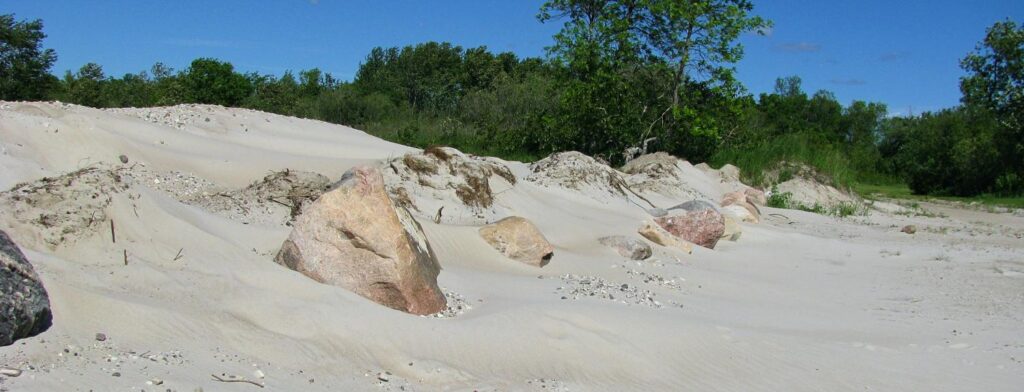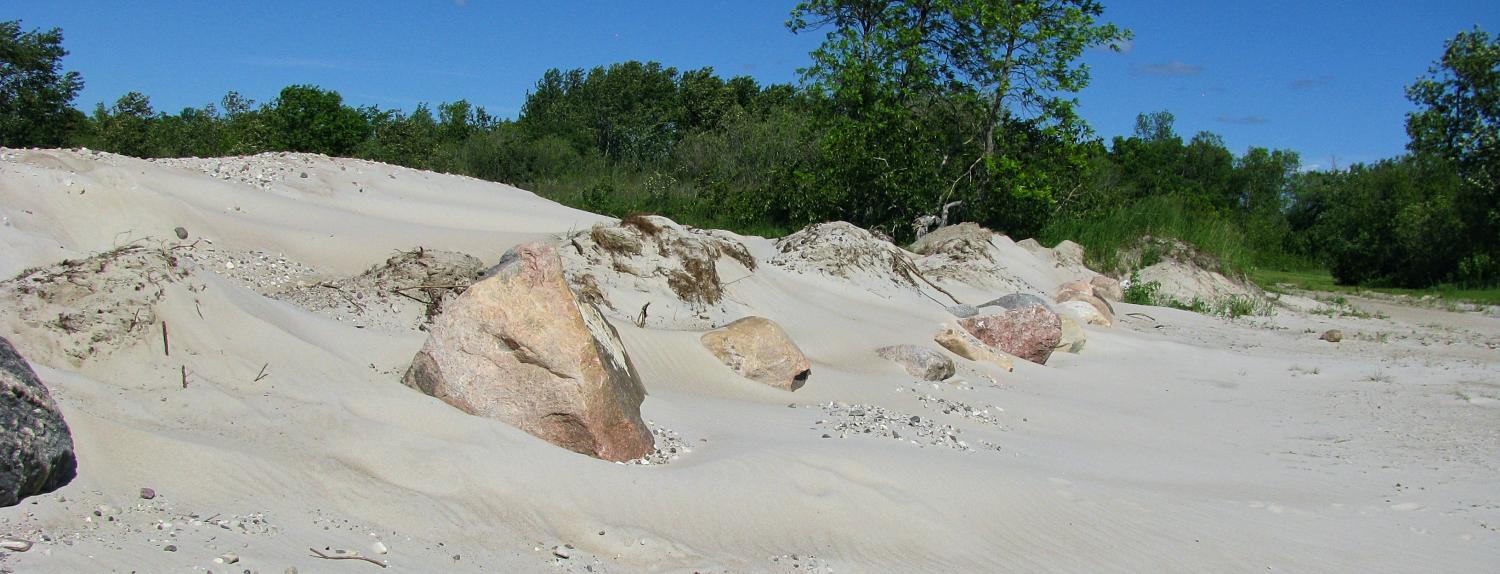
Beaconia: Unveiling the Charm and History of a Manitoba Gem
Nestled on the shores of Lake Winnipeg, Beaconia, Manitoba, stands as a testament to the enduring spirit of small-town Canada. More than just a dot on the map, Beaconia offers a rich tapestry of history, natural beauty, and community resilience. This article delves into the heart of Beaconia, exploring its past, present, and what makes it a unique destination for those seeking an escape from the ordinary.
A Glimpse into Beaconia’s Past
The history of Beaconia is intertwined with the story of Lake Winnipeg itself. Indigenous peoples have inhabited the region for centuries, relying on the lake’s abundant resources. European settlement began in the late 19th and early 20th centuries, with fishing and agriculture forming the backbone of the local economy. The name “Beaconia” itself evokes images of the shoreline, hinting at the community’s close relationship with the water.
Early settlers faced numerous challenges, from harsh winters to fluctuating fish populations. Yet, they persevered, building homes, schools, and churches that would form the foundation of the community. The railway played a crucial role in Beaconia’s development, providing a vital link to Winnipeg and other urban centers. The arrival of the railway facilitated the transportation of goods and people, fostering economic growth and connecting Beaconia to the wider world.
The Allure of Lake Winnipeg
Lake Winnipeg is undoubtedly Beaconia’s greatest asset. As one of the largest freshwater lakes in Canada, it offers a wealth of recreational opportunities, from fishing and boating to swimming and sunbathing. The lake’s sandy beaches are a popular draw for tourists and locals alike, providing a relaxing escape during the summer months. Fishing remains an important part of Beaconia’s identity, with both commercial and recreational anglers drawn to the lake’s diverse fish population. Walleye, perch, and pickerel are among the most sought-after species.
Beyond recreation, Lake Winnipeg also plays a vital ecological role. It supports a diverse ecosystem, providing habitat for numerous species of birds, fish, and other wildlife. Efforts are ongoing to protect the lake’s water quality and ensure its long-term sustainability. The community of Beaconia is actively involved in these efforts, recognizing the importance of preserving this natural treasure for future generations.
Exploring Beaconia Today
Today, Beaconia is a thriving community that balances its rich history with a modern outlook. While fishing and agriculture remain important, the local economy has diversified over the years. Tourism plays an increasingly significant role, with visitors drawn to the lake, the beaches, and the small-town charm. Several local businesses cater to tourists, offering accommodations, restaurants, and recreational activities. The community also hosts various events throughout the year, celebrating its heritage and fostering a sense of togetherness.
The spirit of Beaconia is evident in its active community organizations. Local groups work tirelessly to improve the quality of life for residents, organizing events, supporting local businesses, and advocating for community needs. These organizations are a testament to the strong sense of community that defines Beaconia. [See also: Community Initiatives in Rural Manitoba]
The Challenges and Opportunities Facing Beaconia
Like many small towns, Beaconia faces its share of challenges. Population decline, aging infrastructure, and economic uncertainty are among the issues that the community must address. However, Beaconia also possesses significant opportunities for growth and development. The growing popularity of ecotourism, the increasing demand for locally sourced food, and the desire for a slower pace of life are all trends that could benefit Beaconia. By embracing innovation, fostering entrepreneurship, and leveraging its natural assets, Beaconia can secure a bright future for itself.
Investing in infrastructure is crucial for Beaconia’s long-term viability. Upgrading roads, water systems, and other essential services will not only improve the quality of life for residents but also attract new businesses and residents to the area. Furthermore, supporting local businesses is essential for creating jobs and stimulating economic growth. By providing access to capital, training, and other resources, the community can empower local entrepreneurs to succeed. [See also: Economic Development Strategies for Small Towns]
The Future of Beaconia
The future of Beaconia is shaped by the choices it makes today. By embracing sustainable development, investing in its people, and preserving its unique character, Beaconia can continue to thrive for generations to come. The community’s strong sense of identity, its commitment to its natural environment, and its willingness to adapt to change are all assets that will serve it well in the years ahead. The key is to maintain a balance between preserving the town’s heritage and embracing new opportunities.
Beaconia is more than just a place; it’s a feeling. It’s the warmth of a friendly smile, the beauty of a sunset over Lake Winnipeg, and the sense of belonging that comes from being part of a close-knit community. It represents the enduring spirit of rural Canada, a place where tradition and innovation come together to create a unique and vibrant way of life. With careful planning and dedicated effort, Beaconia can ensure that its story continues to be written for many years to come. Preserving the natural beauty of Lake Winnipeg while fostering sustainable economic development will be essential to Beaconia’s future success. The town’s residents are deeply invested in its future, ensuring that Beaconia remains a vibrant and welcoming place.
Ultimately, the future of Beaconia depends on the dedication and passion of its residents. By working together, embracing change, and celebrating their unique heritage, they can ensure that Beaconia remains a shining example of small-town success.

